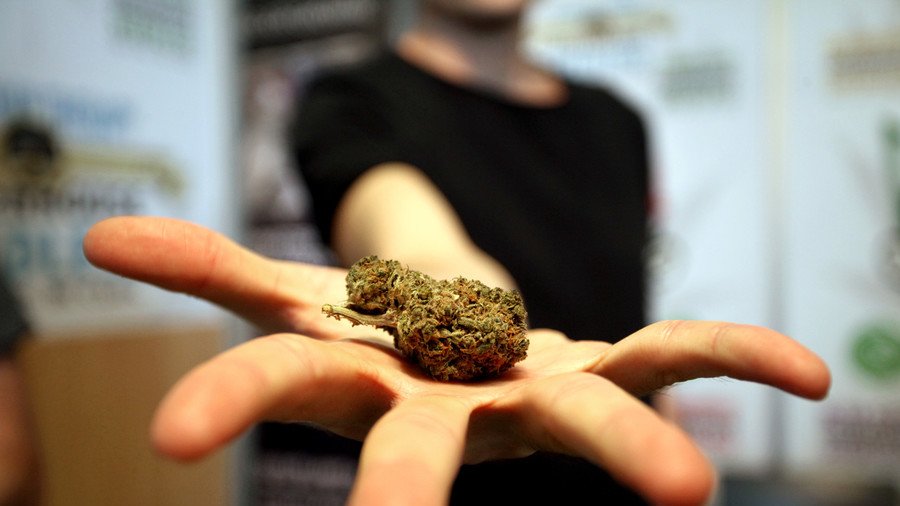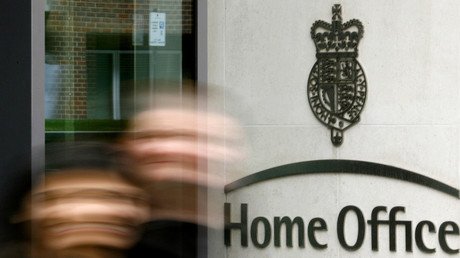Police chief calls for lift of cannabis ban, won’t prosecute people growing plants for own use

A police chief has called for cannabis to be legalized, arguing that the ban puts lives in danger and gives millions to criminals. He added that those in his jurisdiction growing plants for personal use would not be raided.
Durham Police Chief Constable Mike Barton said his decades of experience trying to enforce the cannabis ban led him to believe the drug ban was damaging public safety, instead of protecting it. “Yes, it should be legal,” he said. “That’s what I think based on my experience.
“When I joined the police in Blackpool 38 years ago there was one drug squad detective; now everybody is on it. I’ve seen a remarkable deterioration in drugs in society over the last 38 years. What we are doing is not working.
“The status quo is not tenable. It’s getting worse. Drugs are getting cheaper, stronger, more readily available and more dangerous. I have come reluctantly over the years to the conclusion that we need to regulate the market. If you can regulate the market you can make sure it’s old-fashioned cannabis – not skunk or spice.”
Barton’s comments came days after ex-Tory leader William Hague said that the war on cannabis had failed, calling for the class-B drug to be legalized. The Home Office rejected his suggestion but has ordered a review about the use of cannabis for medical reasons.
Barton said the ban benefited criminals, not public safety. “Organised crime is buying land and property to launder their money. That money could be paying for the care of the elderly, education, rehabilitation of drug addicts,” he said.
Barton said that in his area of Durham, his officers would no longer apply to magistrates for a search warrant to raid the premises of small-time cannabis growers, and those caught using for personal use will be offered a place in a rehabilitation program called Checkpoint.
“We will not apply for search warrants for one or two plants,” Barton said. We want to harness our energies and focus on industrial-scale drug dealers who are damaging society.
“If you have a small amount for personal use you will not be prosecuted, you go into Checkpoint. It frees up time to investigate more serious crime – that’s why we have a good detection rate.”
Barton said a debate about cannabis legalization was needed. “An adult should be able to have cannabis without worrying what the police are doing,” he said. “That happens in many states of the United States and other countries and civilisation does not disappear before their eyes. We need a grown-up debate. Who said in a democracy we can’t discuss things?
“Privately I know of other [police] chiefs, not the majority. More and more are saying this is crazy.”
Barton’s call for a debate was supported by the vice-treasurer of the Police Federation, Simon Kempton. “The Police Federation believe that it’s time to have an informed and open public debate on the future of drugs legislation incorporating health, education and enforcement programmes,” he said.
“After 100 years of prohibition on the use of drugs, it’s time to ask whether this approach is working to address the issues around drug use.
“The police service must focus efforts in areas that cause the most risk and harm to the public and for some chief constables that means focusing on areas other than cannabis.”
Liberal Democrat peer and Former Scotland Yard senior officer Brian Paddick also echoed Barton’s sentiments. “Legalisation will reduce the harm it causes,” Paddick said.
“You can control the strength and make sure under-18s don’t get hold of it, take it out of the hands of criminals and raise considerable amounts in taxation.”
Think your friends would be interested? Share this story!















